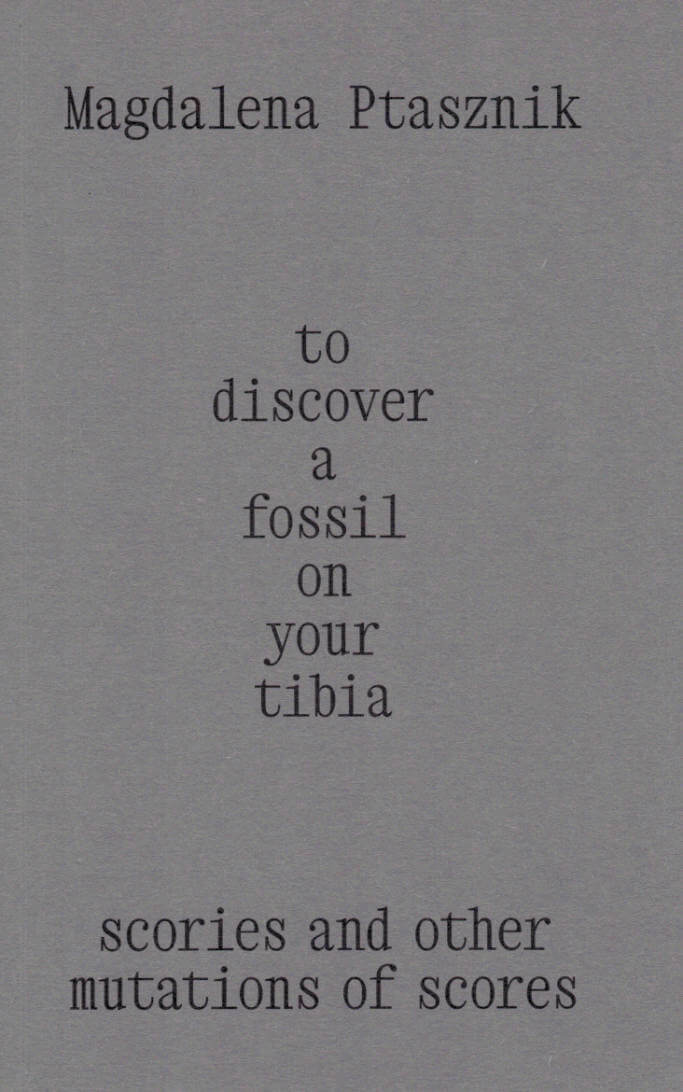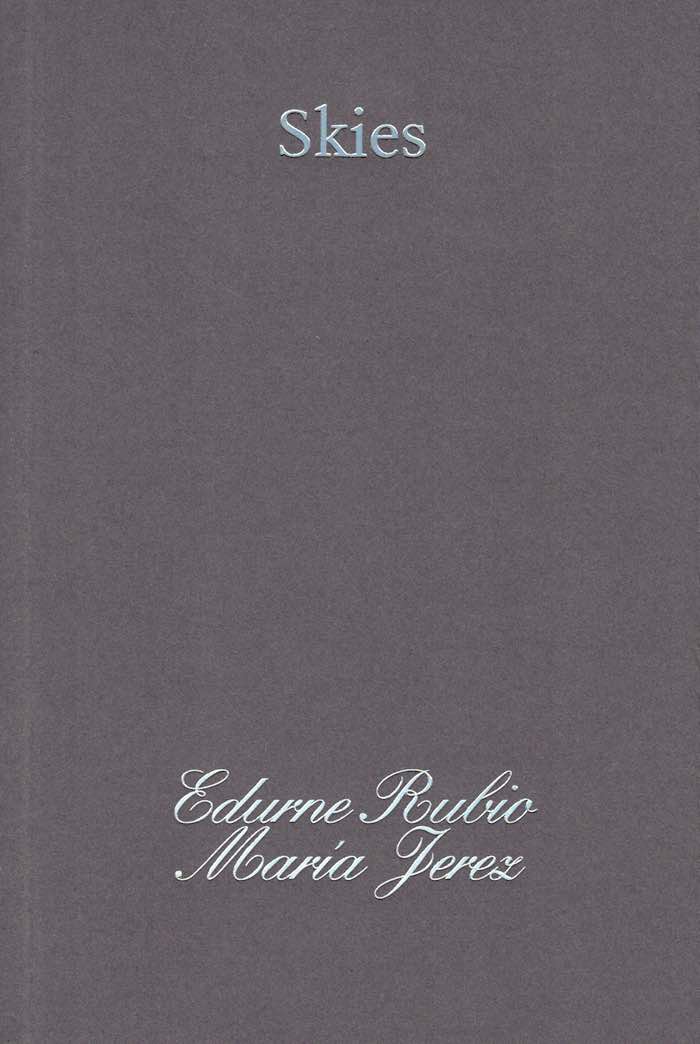
to discover a fossil on your tibia: scories and other mutations of scores
'To discover a fossil on your tibia: scories and other mutations of scores' is a collection of texts exploring the score as a choreographic tool for writing.
Magdalena Ptasznik, worked on several scores to introduce, instigate, and reflect upon the network of relations with other- than- human existences. She approaches choreography as a generative practice to speculate about future fictions for a world in environmental crisis. By using somatic practices, site-specific materials, storytelling in workshop settings, Magda seeks to empower change through activating collective imaginaries with the audience. For her End Presentation, a publication will be launched with a collection of writings that circulate around the idea of the score as a form of activating self-choreographic agencies.
Magdalena Ptasznik has been exploring choreography and dance through creating performances, dancing in the work of other makers, creating choreography for drama theater, and teaching. Through the last years, she focused on contexts of practice that turn towards creating shared spaces and experiences – teaching, collaborating, and creating performances for the limited public.
Language: English







